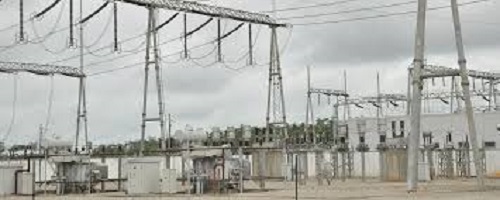Succour came to Nigeria’s power sector following several months of black outs and epileptic supply as power generation in the country reached 4,823.60 megawatts on Saturday.
The power sector boost was revealed by National System Operator (NSO), an independent unit in the Transmission Company of Nigeria (TCN), showed that it was a 19.32 per cent higher than the 4,042.40MW generated on Friday.
NSO data as at 8pm on Sunday showed that Ikeja DisCo was the highest load taker with 694,12MW, followed by Ibadan DisCo with 535.91. Eko DisCo was next with 535.69MW. Abuja DisCo took 455.50MW while Enugu DisCo took 381.48MW.
Others were Kaduna DisCo 254.87MW, Kano DisCo 238.87MW, Port Harcourt DisCo 257.46MW, Jos DisCo 175.85MW and Yola DisCo 103.63MW. The brought the distribution companies’ load taking to 3,989.87MW.
Meanwhile, the Transmission Company of Nigeria, TCN, has commenced an intensive training program for 708 engineers in the company taken from the electrical, maintenance department, Protection, Control, and Metering department and linesmen across the 10 regions of the company, through a World Bank programme.
Speaking on the programme, Ag. Managing Director/CEO of TCN, Engr. Sule Ahmed Abdulaziz said the training is to expose TCN maintenance engineers to facility improvement programs under the World Bank’s Nigeria Electricity Transmission Project (NETAP), currently being executed in TCN.
According to him, “In all, engineers undergoing this training are those in the Protection, Control and Metering Department, PC&M, Electrical Maintenance Department, and Lines Maintenance Department, totaling 708 engineers from the 10 Transmission Service Provider, TSP, regions nationwide.”
The TCN head noted that the company was prioritizing the training of its staff as it gradually expands the capacity of its transmission network with the execution of several projects to ensure grid efficiency and stability.
“A more robust grid, coupled with the role we must play under the new Service Level Agreement and our part in the West African Power Pool (WAPP), among others, underscore the need for our engineers to be trained and retrained, to ensure that they are relevant and efficient,” he added.
He explained that the training which is divided into five modules is aimed at honing their skills and, in the end, give them fresh perspectives on how to get their jobs done more efficiently and effectively to produce better results.


Comment here